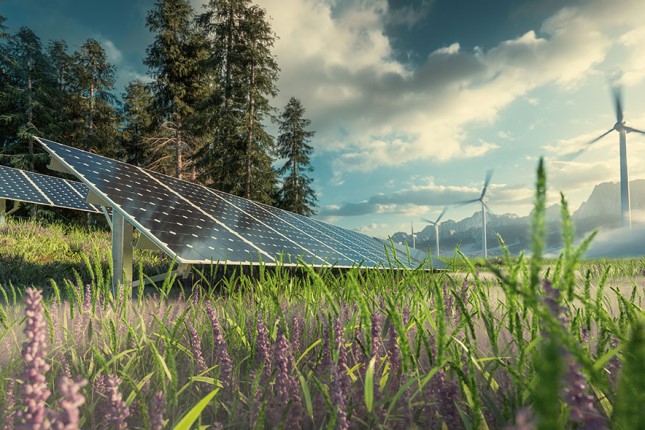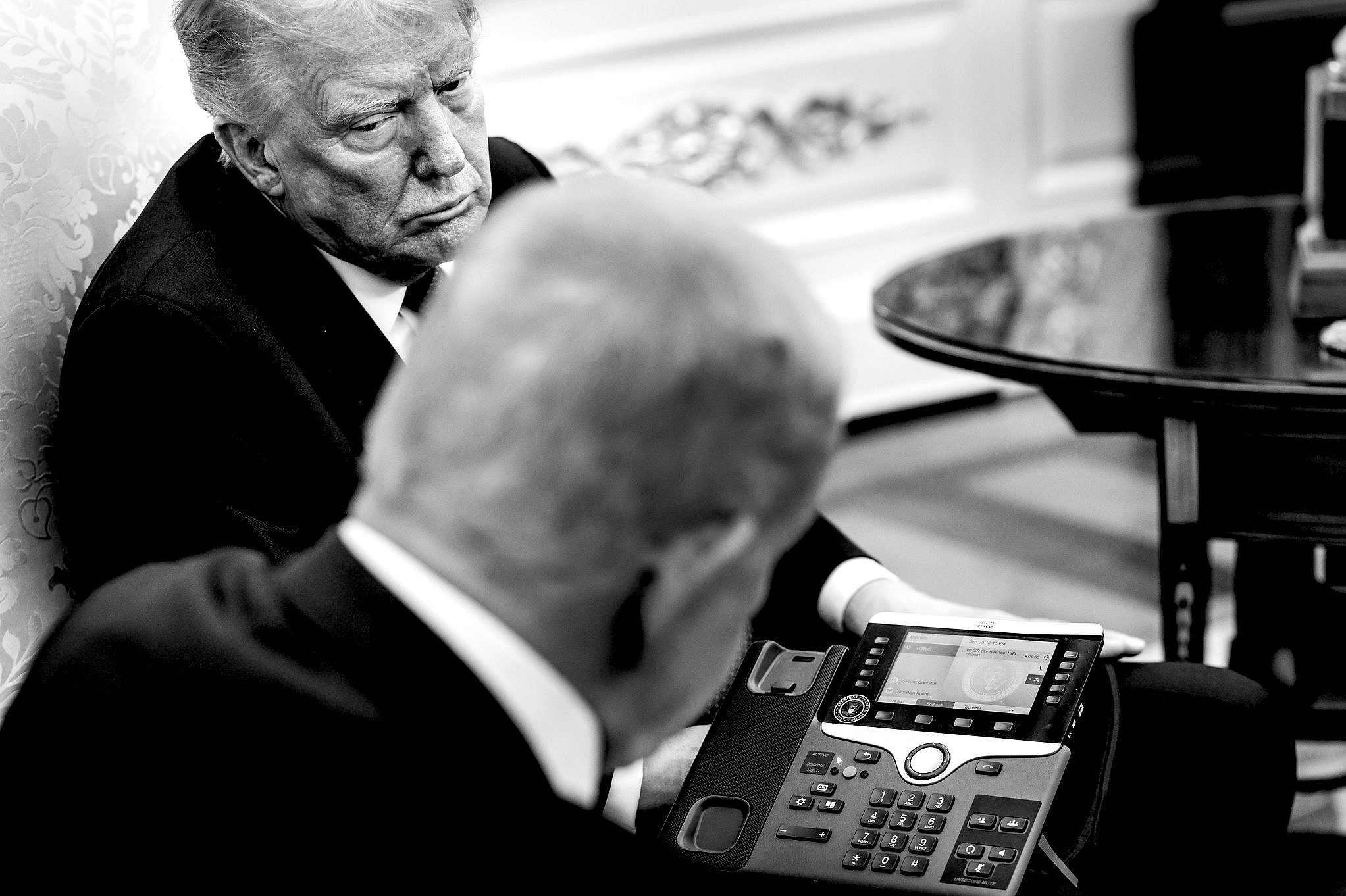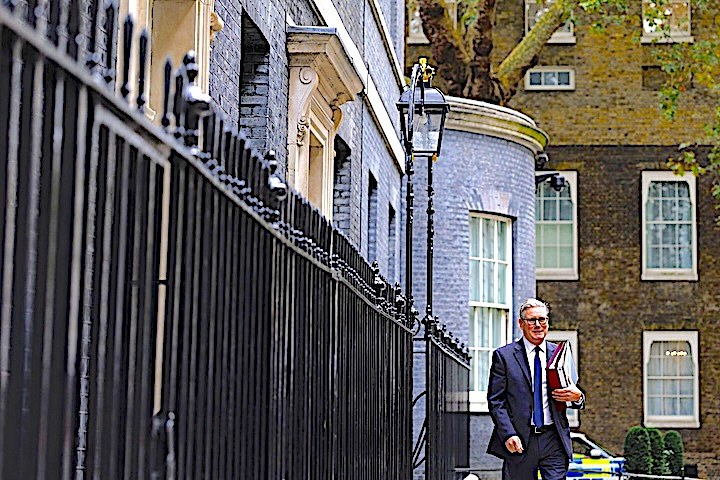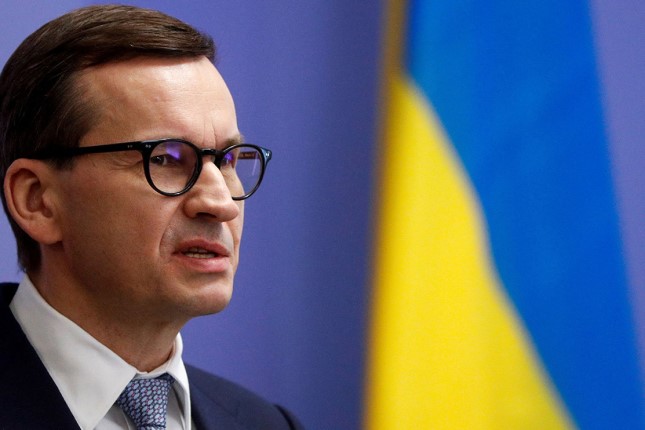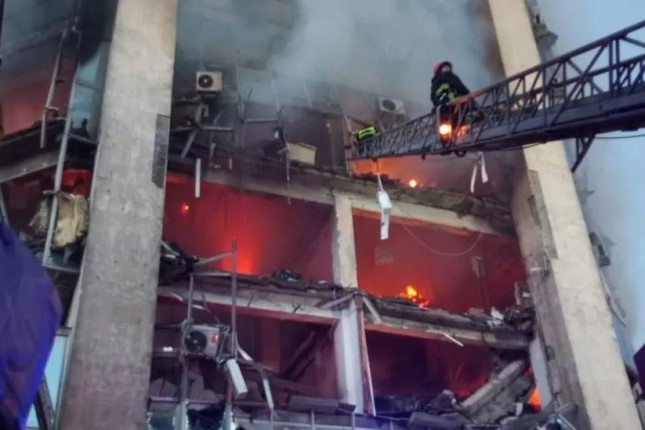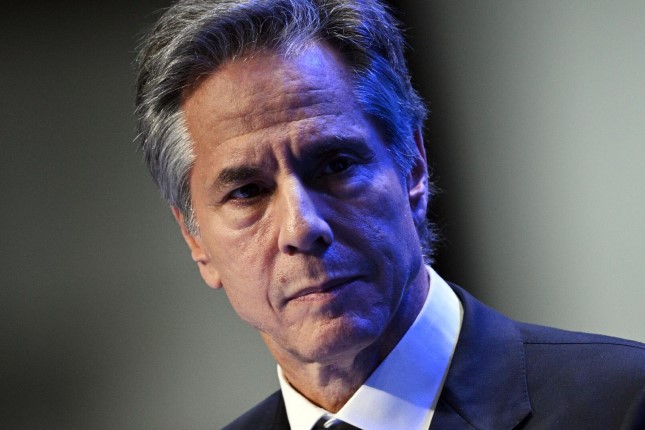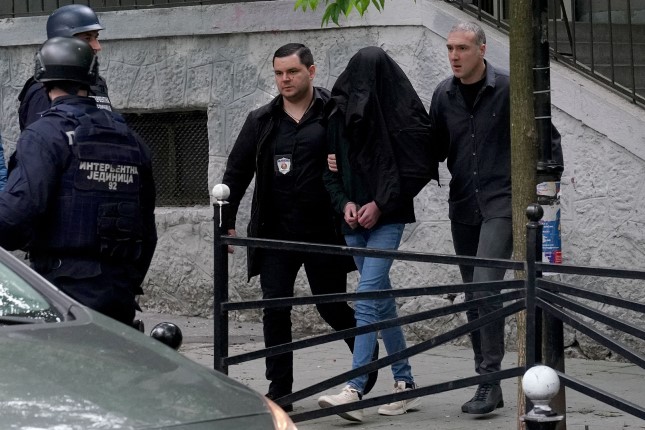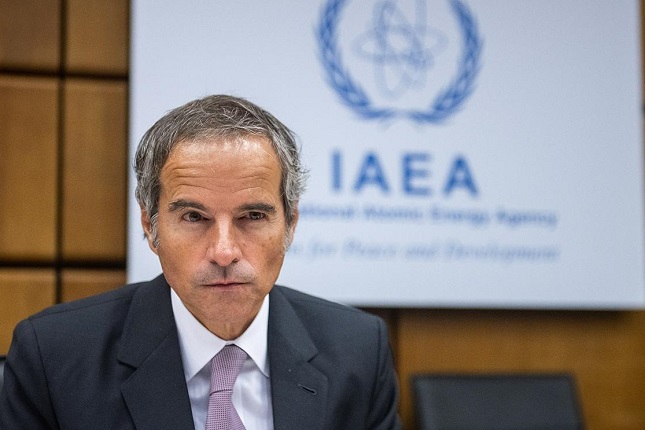Considering that the current proportion is only 9 percent, significant efforts for the energy transition are needed to achieve this goal. These include establishing more renewable power plants within the country.
However, these often face backlash from local residents, who are concerned that hosting renewable power plants in their regions could lead to "troubles" ― such as noise, environmental damage and other issues.
What would change if residents could participate in the establishment process? What if they could dispel their worries by being informed about every detail of the project, rather than just receiving damage compensation and being asked to remain quiet?
What if they could become autonomous players in the process? Perhaps, investors?
Starting from these questions, Root Energy, a financial solutions firm aiming for net-zero emissions, has launched a community funding service, to accelerate carbon neutrality by lowering barriers for the public.
Acting as an intermediary between residents and the plant founder, the firm encourages residents to participate as bond investors in the projects. These investments are used to establish and operate power plants. Once the plants start operation, electricity is sold to Korea Electric Power Corp. (KEPCO), and profits are distributed first to public investors. Root Energy earns its revenue through commissions.
The firm's first and most prominent project is nestled in Gadeok Mountain, which straddles Chuncheon, Gangwon Province and Gapyeong, Gyeonggi Province.
Yoon Tae-hwan, the CEO of Root Energy, recalls that earning trust from the residents was the most difficult yet crucial aspect of continuing the process.
"Our first visit was met with slammed doors. We tried out best to explain that this was not a scam and that our goal was to offer the residents long-term, stable profits rather than just compensation," Yoon said in a recent interview with The Korea Times at its headquarters in Seoul.
Everything went smoothly once they gained the residents' trust, according to Yoon. It launched the second investment phase of the fund two years after launching the first phase.
"During the first two years, we offered our investors a stable investment return of 8 to 10 percent. As the residents experienced virtually no discomfort following the plant's establishment, the fund's popularity spread, even to nearby neighborhoods," Yoon explained.
While it took 26 months to gain the public's consent for establishing the wind plant in the first phase, the second phase required only four months.
"Investors from Gadeok Mountain are urging us to proceed with the third phase. One resident even asked us to build a wind plant on his mountain, which is a family gravesite," Yoon said. "The sentiment has shifted from 'not in my backyard' to 'please in my backyard."
Root Energy currently manages 25 investment bonds across the country, totaling 2.7 trillion won ($2.1 billion). Non-residents can also invest in the project but with lower interest rates.
Yoon explained that what makes the project important is that residents develop a sense of ownership over the renewable energy plant built in their regions, which can further enhance their "energy literacy."
"The government provided 100 percent of the funding in certain regions in exchange for the public agreement to establish solar power plants. I don't view this as public participation," Yoon said.
"People care about where they choose to invest their money. In our case, when residents decide to invest, they need to consult with their families. They have to study the project and sometimes have to persuade family members who oppose the investment. This process raises the energy literacy of those involved," Yoon added.
Yoon's belief was influenced by his studies in Denmark, where the importance of renewable energy is more widely recognized than in Korea. In Denmark, 70 percent of energy is publicly owned, and people profit from selling renewable energy, for example, from solar panels installed on their rooftops.
When Yoon first started his business 10 years ago, Korea was a barren land in terms of renewable energy. However, according to Yoon, the public's perception and market have gradually improved.
"As time goes by, technology and economic feasibility will continually improve. The biggest hurdle is residents' opposition to establishing renewable energy power plants. To overcome this issue, a bottom-up approach, establishing plants as the public wants them, is necessary. This approach works well in countries like Denmark. However, a top-down approach tends to be favored in Korea, while the citizens generally have lower energy literacy," Yoon said.
"If this project expands nationwide, I believe that the energy literacy of all Koreans will increase, the relevant market will grow, and long-term policies will be implemented regardless of political stance. So, I will keep trying to set good examples," Yoon concluded.
At the end of the interview, Yoon posed a question. "Have you watched the recent apocalyptic Netflix drama 'Black Knight?' After meteorites hit Earth triggering widespread tsunamis, the only energy resource available is wind. I believe that (wind power) is highly likely to become our future as well."
Source: The Global Times.
